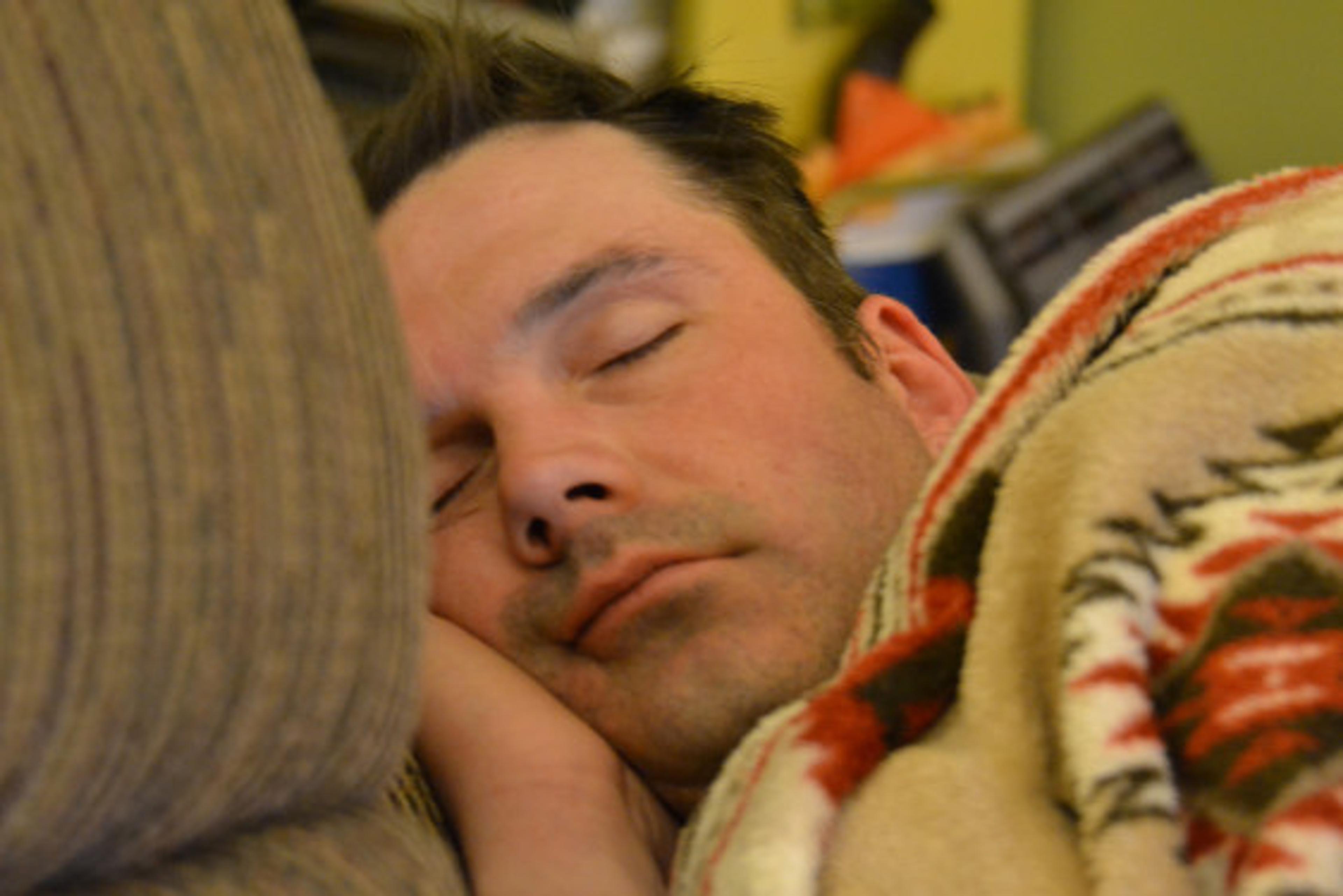New study links poor sleep to cancer cell growth

Kristin Coppens
| 2 min read

This blog post is part of #HealthyMe, a personalized web experience based on your health and wellness goals. To sign up today, visit http://www.ahealthiermichigan.org/healthyme
Catching some sleep can be more difficult than it seems, especially when you factor in work responsibilities, family and stress. A lack of sleep has a negative impact on mental, emotional and physical health. Studies continue to show how poor sleep is not only unhealthy, but also disruptive towards your mood and ability to function throughout a normal day.
Not getting enough sleep plays a significant role in immune system function and susceptibility. A recent study, performed by the Journal of Cancer Research, adds another negative consequence to poor sleep. The study found a direct correlation between a lack of sleep and growth of cancer cells. In short, the study concluded that poor sleep “marked by frequent awakenings can speed cancer growth, increase tumor aggressiveness, and dampen the immune system’s ability to control or eradicate early cancers.”
As Chairman of Pediatrics at the University of Chicago Comer Children’s Hospital and Study Director, Dr. David Gozal, explains, “It’s not the tumor, it’s the immune system. Fragmented sleep changes how the immune system deals with cancer in ways that make the disease more aggressive.” Researchers found that within the study, tumors grew twice as large with interrupted sleep as with sound sleep.
Gozal and his colleagues found that the driver for tumor growth in this case was the immune system. In other words, cells within the immune system, called tumor-associated macrophages, or TAMs, collect around tumors. When the immune system is responding to cancer, the TAMs respond in a number of different ways. For example, the responses could “promote a strong immune response and eliminate tumor cells, [or] suppress immunity and encourage tumor growth.” The fragmented sleep study proved clearly that the TAMs were suppressing the immune system and, therefore, increasing the cancerous tumor growth.
“The take home message is to take care of your sleep quality and quantity like you take care of your bank account,” says Gozal.
Taking care of your sleep occurs throughout the daytime hours, not just during the night. Here are a few ways to take better care of the sleep you receive: cut back on caffeine and alcohol intake, keep your bedroom quiet, dark, and comfortable, exercise, avoid napping, make healthy eating choices, manage stress levels, and stick to a sleep schedule and routine. If following these tips does not work for you, it might be a good idea to consult your doctor for ways to counteract a lack of sleep.
What helps you sleep better at night?
Photo credit: Tobyotter





